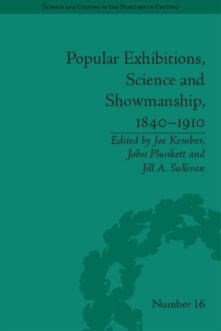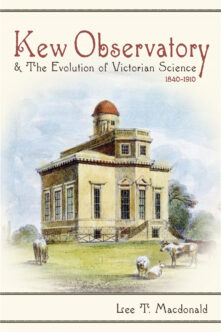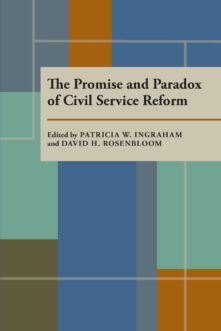Search Results
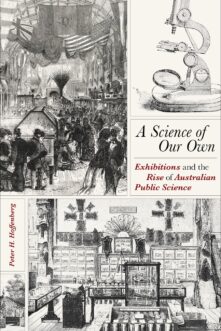
A Science of Our Own
Exhibitions and the Rise of Australian Public Science
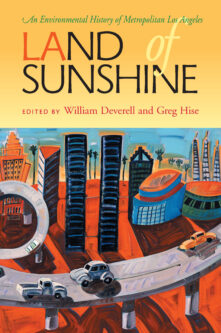
Land of Sunshine
An Environmental History of Metropolitan Los Angeles
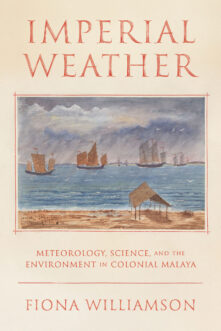
Imperial Weather
Meteorology, Science, and the Environment in Colonial Malaya
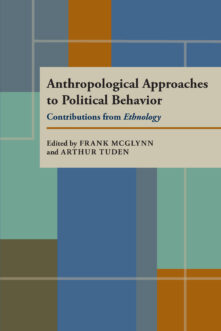
Anthropological Approaches to Political Behavior
Contributions from Ethnology
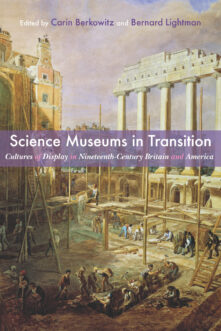
Science Museums in Transition
Cultures of Display in Nineteenth-Century Britain and America
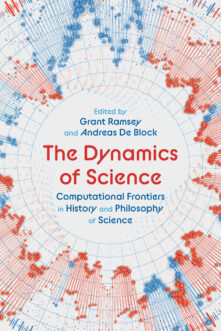
The Dynamics of Science
Computational Frontiers in History and Philosophy of Science
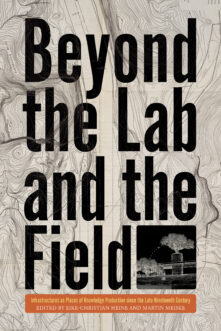
Beyond the Lab and the Field
Infrastructures as Places of Knowledge Production Since the Late Nineteenth Century
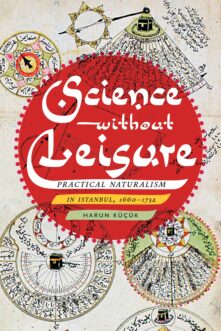
Science without Leisure
Practical Naturalism in Istanbul, 1660-1732
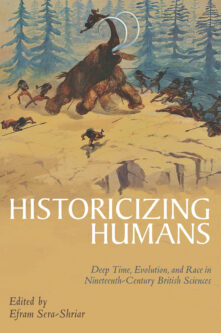
Historicizing Humans
Deep Time, Evolution, and Race in Nineteenth-Century British Sciences
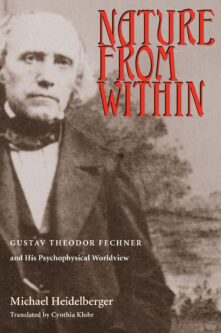
Nature From Within
Gustav Theodor Fechner And His Psychophysical Worldview

Comparative Socialist Systems
Essays on Politics and Economics
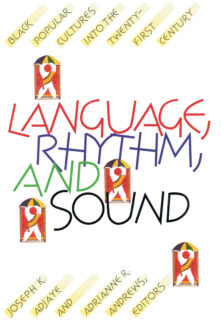
Language, Rhythm, and Sound
Black Popular Cultures into the Twenty-first Century
Your search for " The Cosmos of Science%3A Essays of Exploration " returned 529 results


